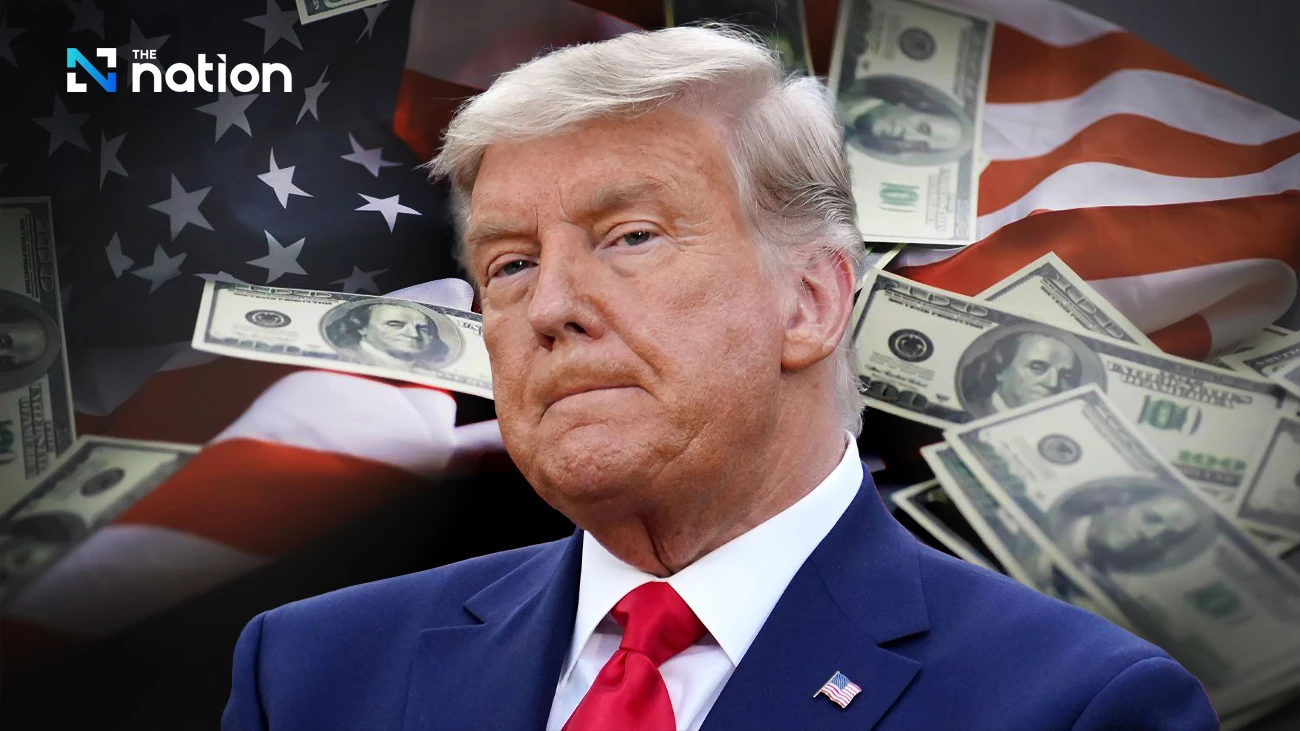Chongrak Rattanapian, Managing Director of Kasikornbank (KBANK), acknowledged that Trump’s tariffs create pressure on trade and investment, potentially leading to supply chain expansion within Thailand, production base relocation, and impacts on domestic employment and household purchasing power.
“Entrepreneurs urgently need to seek new markets, particularly if Thailand successfully concludes FTA agreements with the EU and Canada, which would help diversify risks and increase export channels,” Chongrak said.
Aviation Industry Pivots to Network Strategy
Thai Airways Chief Executive Chai Eamsiri revealed the national carrier’s strategy to reduce dependence on domestic tourism, which fluctuates with economic conditions.
“Thai Airways is developing multiple revenue streams beyond direct routes and new route expansion, emphasising connecting sales or Network Strategy through airline partnerships,” Chai explained.
The airline faces challenges managing fuel costs, which represent 30% of operational expenses.
Whilst negotiations for fuel hedging contracts are underway, Thai Airways cannot yet execute these due to lack of credit lines following its recent emergence from business rehabilitation.
Nok Air CEO Wutthiphum Jurangkool remains optimistic about high-demand markets including India, Vietnam, and China.
The budget carrier plans route expansion during the winter schedule beginning in October, focusing on potential markets and promoting domestic routes to create connecting travel to tourist destinations.

